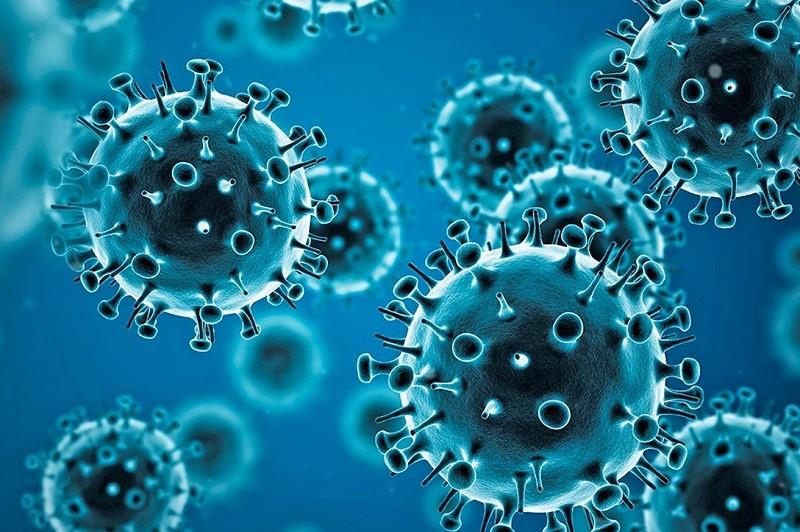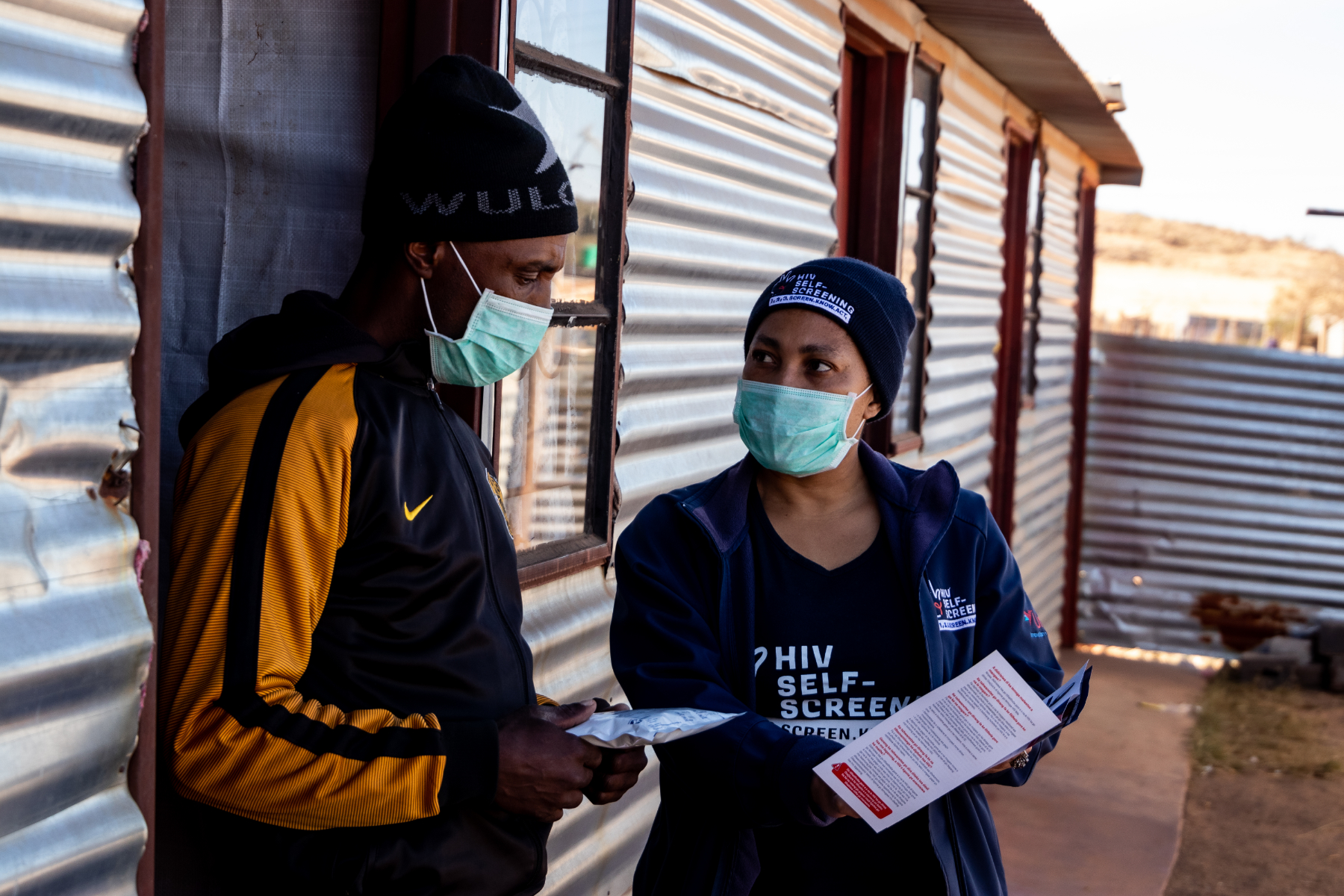
Module 1
Short- and long-term public health interventions to promote refugee and migrant health
Overview
Refugees and migrants may come from areas where communicable diseases are endemic. This does not, however, mean that they are an infectious risk to host and transit populations. Rather, they may be at risk of contracting communicable diseases as a result of the perils of travelling and factors in the host country associated with poor living and working conditions, together with lack of access to essential health care services. Access to vaccination and continuity of care, including for noncommunicable diseases (NCDs) and mental health, is more difficult for people on the move. Specific vulnerabilities to tuberculosis (TB), HIV, malaria and neglected tropical diseases require specific integrated health care services for refugees and migrants. Migrant and displaced children and women may have limited access to health care services and may face specific threats to their rights. The COVID-19 pandemic has further exposed these fault lines.
This module contains four tools supporting the reduction of morbidity and mortality in refugee and migrant populations.
Actions to be considered
- Coordinate and collaborate to achieve the goal of universal health coverage (UHC) and the principle of leaving no one behind, and to develop emergency and humanitarian health responses.
- Prepare public health responses to refugee and migrant arrivals, while continuing to meet the health needs of the existing migrant and refugee populations and of the receiving population.
- Enhance capacity to detect, and responses to, communicable disease outbreaks through enhanced surveillance, strategic preparedness and administration of essential vaccines, and provide access to emergency health services and to medicines and medical products.
- Develop national guidance, models and standards for the prevention and management of communicable diseases, NCDs and mental health conditions by conducting or strengthening areas as needed, including situation assessments, screening, diagnostics and treatment.
- Support national TB, HIV/AIDS and malaria programmes, national health systems, civil society and other organizations in origin, transit and destination countries to provide health services and specific services for control, prevention and treatment of TB, HIV/AIDS, hepatitis, malaria and sexually transmitted infections to refugees and migrants, including those with irregular status.
- Support research on migration and HIV, hepatitis and sexually transmitted infections to inform policies and programmes on accessing related services.
- Address stigma and discrimination against refugees and migrants that may prevent them from accessing services, such as for TB, HIV, hepatitis, sexually transmitted infections and mental health conditions.
- Support the development and ensure the provision of quality essential health care services on a continuing and long-term basis, including a functioning referral system to appropriate secondary and tertiary care services and continuing social and psychological care provision.
- Strengthen the humanitarian–development nexus to enhance coordination between humanitarian and development health actors and foster the exchange of best practices and lessons learned regarding the health of refugees and migrants among relevant actors.

/in-page-highlights/malaria-toolkit-app.png?sfvrsn=516d385f_28)



.jpg?sfvrsn=99d2f39e_4)
